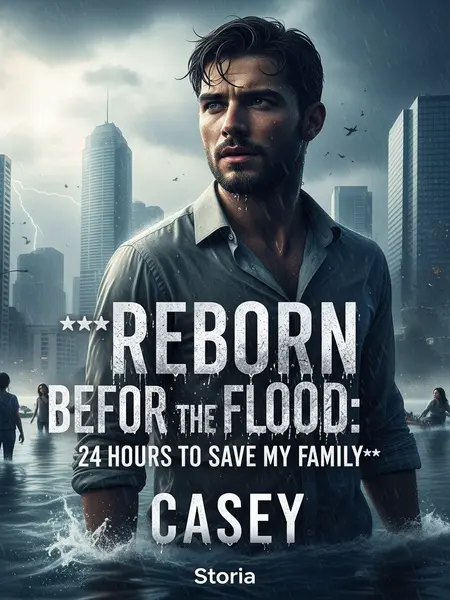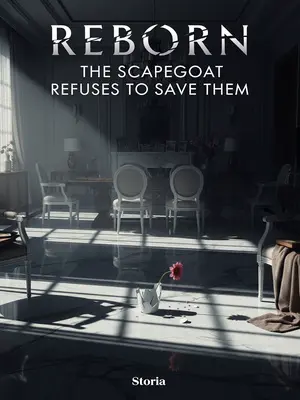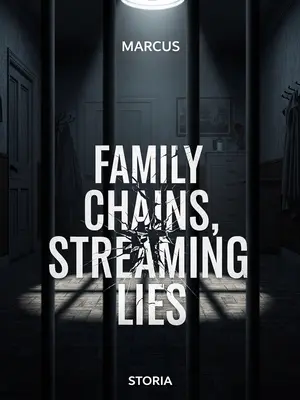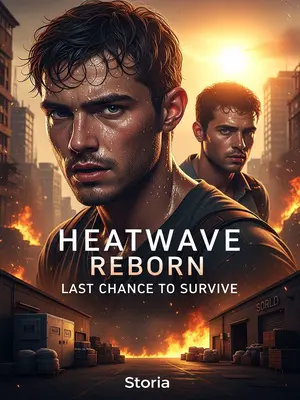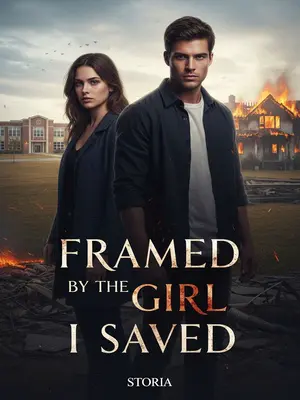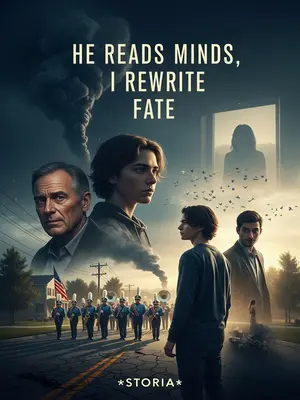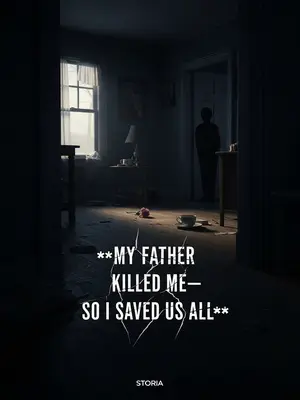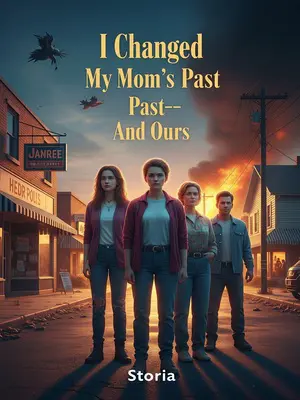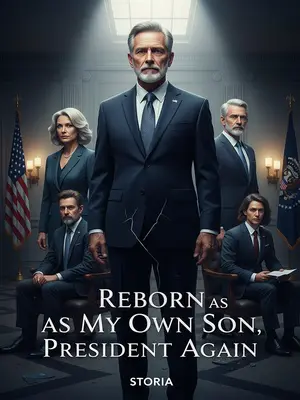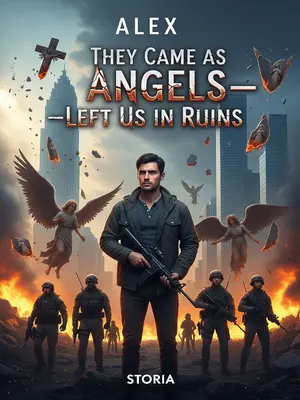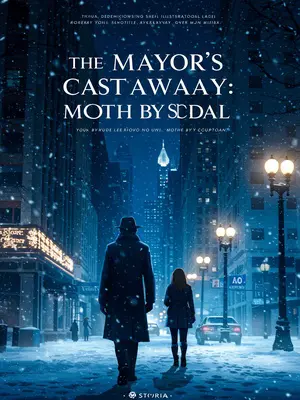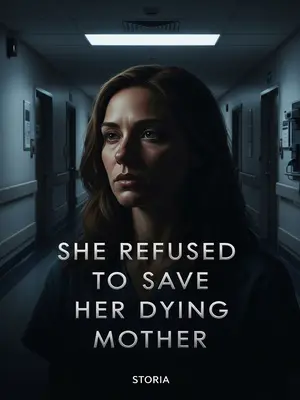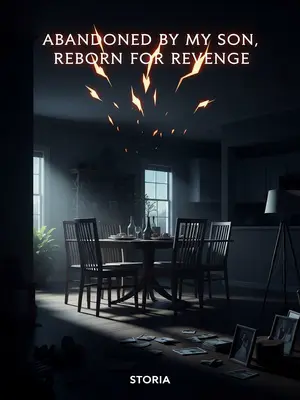Chapter 2: Supermarket Stampede
"Hey! Get outta the way!" a middle-aged woman barked, shoving me hard. I stumbled, slamming into a shelf, shock stinging my eyes. Her elbow jabbed my ribs, sharp and humiliating. For a split second, tears of frustration and anger burned behind my eyes—furious at being treated like just another body in the frenzy.
She was already clawing past, wild-eyed, snatching a battered bag of flour from the floor. My shoulder throbbed where she’d hit me.
Ahead, people wrestled over scattered bags of flour. Kids screamed, women cursed, men fought. The chaos crashed over me—cans rolling, cracker boxes crushed underfoot, someone’s phone skittering across the tile. A toddler wailed as his mom, red-faced and sweating, shouted at a burly guy in muddy work boots. The air was thick with panic, metallic and sharp. The fluorescent lights flickered and buzzed, casting everything in a jittery haze.
What’s happening? Just a moment ago, I was drowning in icy seawater, eyes closed, ready to give up.
Could this be...
I tried to make sense of it all—the memory of cold water, the weight in my chest, now replaced by this crush of bodies and burning lights. Was this real? Or some cruel joke?
My hands shook as I fumbled for my phone. June 21st.
My heart skipped. The date screamed up at me—June 21st, the day before everything fell apart.
I’d really come back. This was no dream. I was wedged between a chip display and a mob of terrified strangers, handed a second shot—if I didn’t waste it.
On this day in my last life, the government sent out a zombie warning. A mysterious virus broke out across the globe. Phones blared with that piercing emergency tone, every TV switched to the red banner: STAY HOME. LOCKDOWN ORDER IN EFFECT. Starting at midnight on June 22nd, nobody was allowed outside. Anyone caught out would be carted off for quarantine.
It was like a nationwide fire drill gone wrong. Emergency texts pinged every phone. Sirens wailed through the suburbs. Local news anchors—ashen, stammering—read from scripts. People locked their doors, taped up their windows, and waited for someone to save them. They thought it was just another American crisis—something we’d get through, like always.
Once the news broke, people stormed the supermarkets. The head cashier yanked off her name tag and bolted for the exit, leaving the register wide open. The city was swallowed by chaos.
Nobody was immune—not even the ones meant to keep order. I watched grown men brawl over gallons of milk, grandmas elbow teens out of the way for the last box of pasta. Checkout counters turned into battlegrounds. Even the store manager disappeared, abandoning the shelves to the mob.
After finally grabbing some flour, canned food, and crackers, I barely made it back to my rented top-floor apartment. But the first disaster wasn’t zombies.
I remember locking my door, heart pounding, the smell of bleach and dust thick in the stairwell. I lined up my pantry, stacked cans by the window—like it would matter. Outside, sirens echoed, then faded into silence. For a moment, I thought maybe, just maybe, I’d survive.
But at 10 a.m. on the 22nd, the ground gave way. Seawater roared in. The sea rose in minutes. My 26-story building was swallowed whole. My precious hoard—untouched.
One minute, I was watching the news, half-awake; the next, the building groaned and shook. A deep, terrible roar outside. Water crashed in, as if the city had dropped into the ocean. No warning. No escape. I barely made it out the window—and lost everything.
